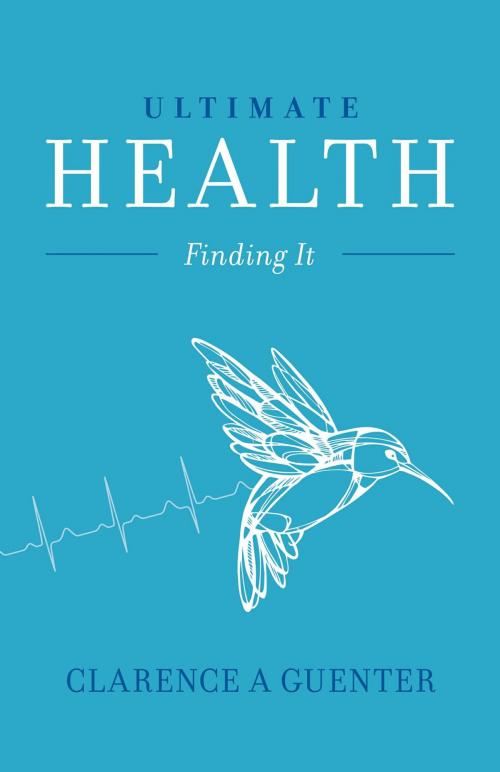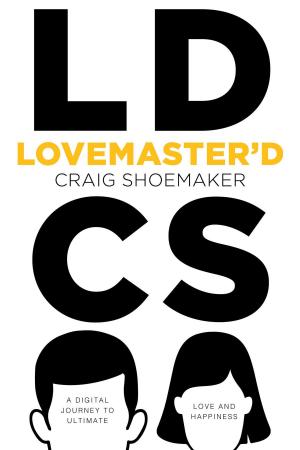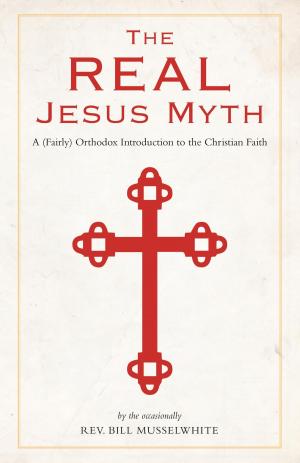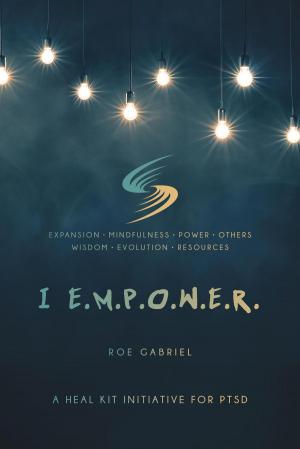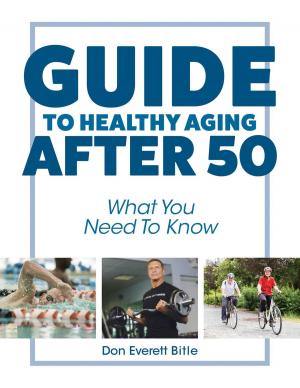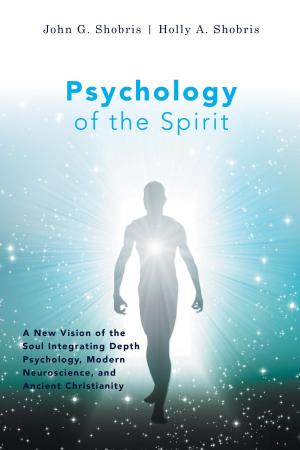Ultimate Health
Finding It
Nonfiction, Health & Well Being, Medical, Patient Care, Physician & Patient, Health Care Delivery| Author: | Clarence A Guenter | ISBN: | 9781460294871 |
| Publisher: | FriesenPress | Publication: | October 24, 2016 |
| Imprint: | Language: | English |
| Author: | Clarence A Guenter |
| ISBN: | 9781460294871 |
| Publisher: | FriesenPress |
| Publication: | October 24, 2016 |
| Imprint: | |
| Language: | English |
Western health related industries employ more people, consume more money, and have more dependent adherents than any other activity involving the entire population. Since the early 1900s, life expectancy at birth has increased from about 50 years to the low 80s. However, not all interventions have been effective, and many have caused harm. Trendy dogmas commonly drive health practices. We are bombarded with fearful risks of epidemics, encouraged to undergo screening for risks of cancer or heart disease, or advised to take treatment to prevent illnesses. Institutions and caregivers prescribe interventions which may not be the most appropriate or effective, and some are harmful. Do health and wholeness primarily depend on the health industry? The author and his patients’ stories suggest that living well and dying well requires reflection and personal choices. To make informed choices we need better access to more reliable information and we need truly interactive relationships with care-givers.
Western health related industries employ more people, consume more money, and have more dependent adherents than any other activity involving the entire population. Since the early 1900s, life expectancy at birth has increased from about 50 years to the low 80s. However, not all interventions have been effective, and many have caused harm. Trendy dogmas commonly drive health practices. We are bombarded with fearful risks of epidemics, encouraged to undergo screening for risks of cancer or heart disease, or advised to take treatment to prevent illnesses. Institutions and caregivers prescribe interventions which may not be the most appropriate or effective, and some are harmful. Do health and wholeness primarily depend on the health industry? The author and his patients’ stories suggest that living well and dying well requires reflection and personal choices. To make informed choices we need better access to more reliable information and we need truly interactive relationships with care-givers.
